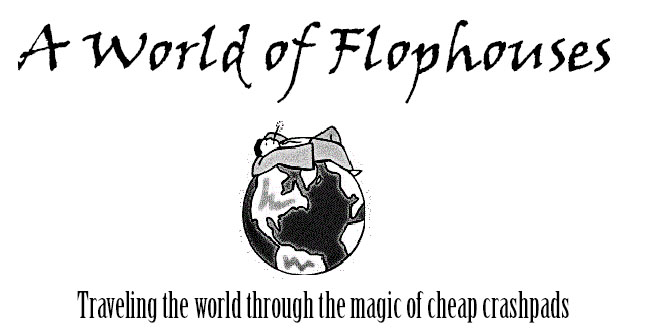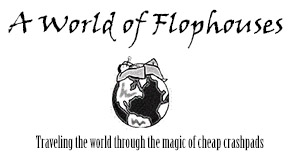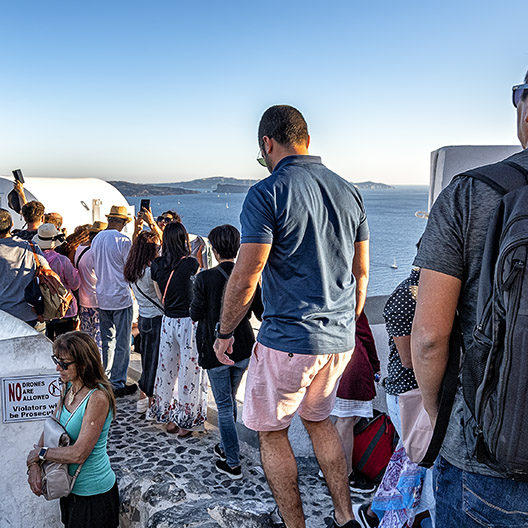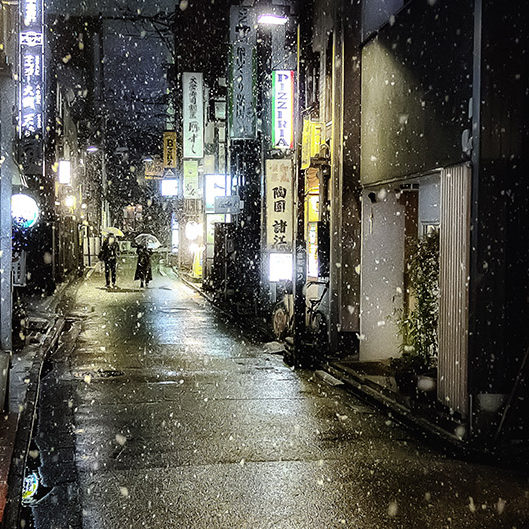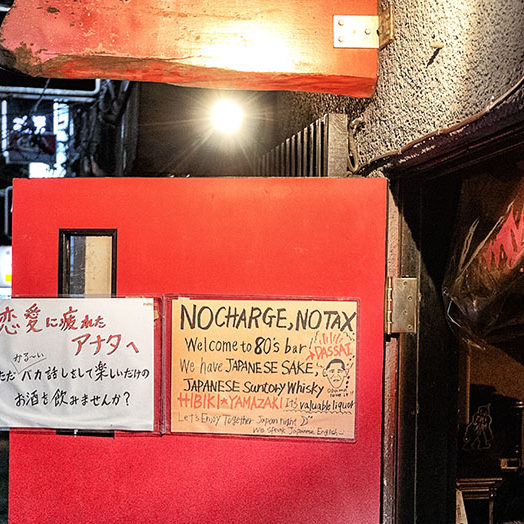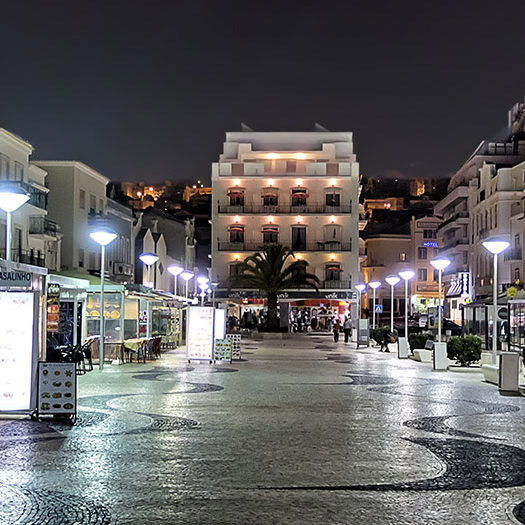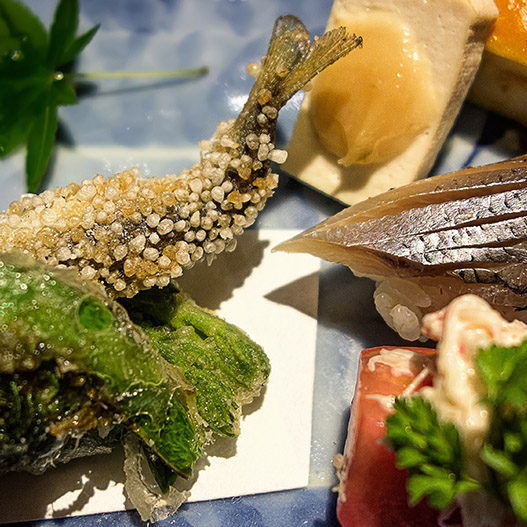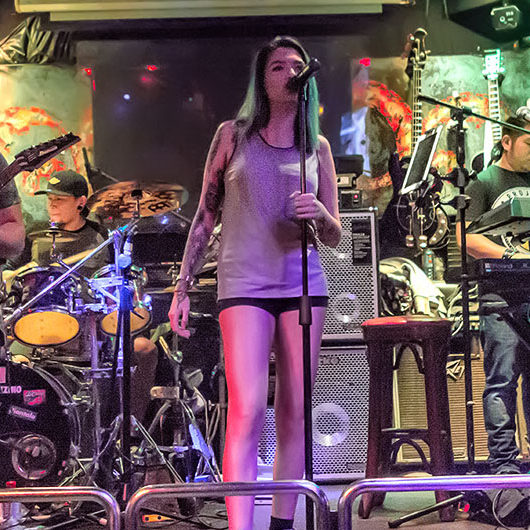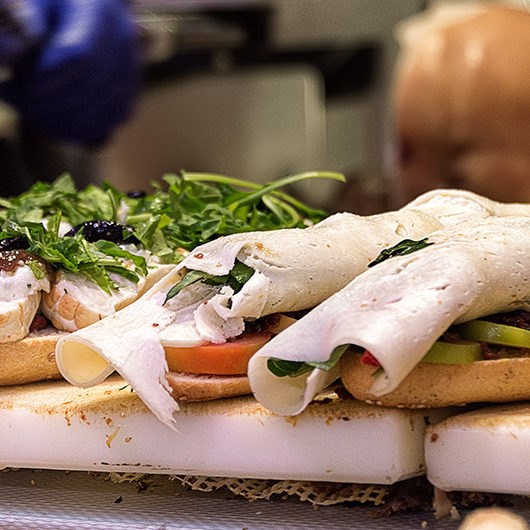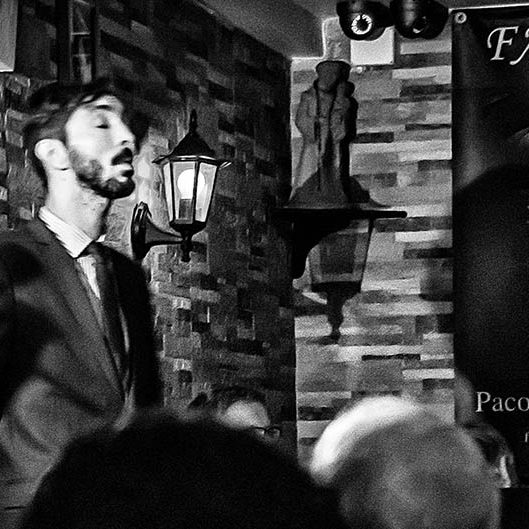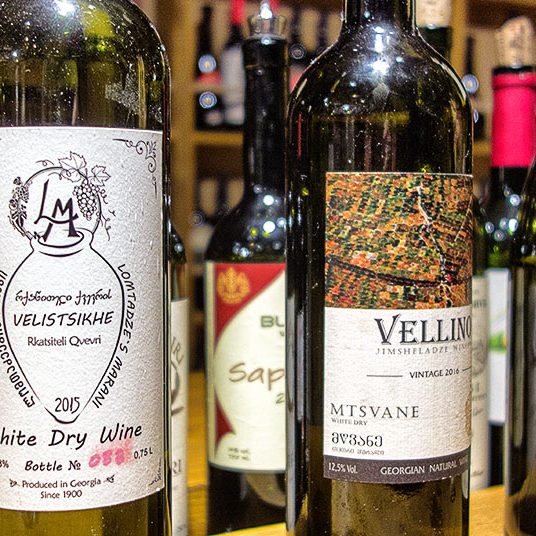What could be better than spending a Sunday in Paris? Spending a Saturday, of course. Or a Thursday. Or almost any other day, perhaps even a Monday though that’s pushing it.
It’s not just Paris. I know the world thinks of Europe, especially western Europe, as this godless secular land where anything religious is banned, but no, the traditions of Sunday as the Day of Rest linger hard in Europeland, especially the idea that businesses should be closed. Not just banks and office workers, but commercial establishments as well. All around Europe, shops and stores often shutter on the former Lord’s Day.
It’s not that we’re all shoppers; it’s that the joys of a city like Paris are to wander around its neighborhoods, popping into various places as the whim decides. Yes, I want to see that olive oil place, or the hat boutique, or the shop selling nothing but wooden toys.
I mostly blame the aftermath of religion for this, as I blame it for many things in life, but it’s not just that. Modern ideas about workers come into play; the French simply think that workers, all workers, need a break at least one day a week, that capitalism needs a pause. Store clerks and stockboys need a day of rest like anyone else, so they can have the day to laze around the park. They’re not concerned about you, the visitor.
Many Euro countries have laws restricting store hours on Sundays. England, for instance, has only had Sunday shopping since 1994, and stores over a certain size can only be open for a maximum of six hours that day. I was recently in Ljubljana, Slovenia on a Sunday and wow, bad mistake. Everything closed. In Paris, most shops are forced to close on Sunday, by law, except those in certain designated tourist areas, such as the Champs-Elysées, urg.
But you are a visitor and Sunday is a travel day that you’re paying for. You need something to do. How now? I once attempted to spend a Sunday lazing around the Canal St. Martin area, as someone (not a Parisian) advised me to do. Large, uninformed mistake, and somewhat waste of half a day before I gave up and moved on. Things are closed on Sundays. Many online resources will tell me no, I’m a fool, that of course things are open on Sundays, such as this thread on Tripadvisor. Flim-flan, I reply.
So here’s what’s open on Sundays in Paris: the majority of eating establishments, but by no means all. Markets. Nearly all the tourist attractions, as that’s what the tourists do.
As for the Parisians, they spend Sundays being leisurely, hanging out in the parks, seeing an old film in the cinema, catching up with friends, and going out to brunch in greater numbers than the Americans do. For any shopping, they head to one of the markets open on a Sunday or to some major center such as La Defense. Yes, some large families do gather on Sundays for fellowship and such, as the gods intended them to do, but most Parisians just find creative ways to unwind.
So let’s do the same.
Street Markets
My ideal Sunday starts at the markets (marchés). This is the one shopping that’s allowed, but a visit to a market is not exactly shopping; it’s sightseeing. One might buy some bakery stuff, cheese, some fruit, but we’re there mostly for the spectacle. I want to gawk at the cheeses and salivate over the colorful olives. Bonus points if some stalls are selling snacks, because breakfast or lunch at a market is brilliant.

Bakery at the Marché Bastille
The Marché Bastille is one of the larger neighborhood markets in Paris, held on a wide median strip of land, with two or three rows of stands and everything you need for a good market, including some prepared foods and some clothing. The baked items are brilliant, loaves stacked high like a tower in alternating layers. There is plenty of cheese, to make you happy. It’s open 7am-3pm on Sundays, at metro stop Bastille.
Some stalls are selling ready-made food, such as crêpes. Another was scooping up paella, looking brilliant, but only selling it in large containers for €9 and I wasn’t glib enough to persuade them to sell me a smaller portion. But tarry a bit, as still another stall had oysters and white wine together on ice, and no better breakfast exists.

Morning snack?
After that, it’s almost exactly a 1.0 kilometer walk to another market, Marché d’Aligre, along Rue de Charenton or Rue de Faubough St-Antione to the Place d’Aligre. While the Marché Bastille is solidly French, Marché d’Aligre has more diverse ethnicities to it, in the market and especially in the shops around it. The area, Place d’Aligre, is worth a visit with or without the market, but the market is a nice lagniappe. If I lived in Paris (a man can dream), this might be my neighborhood.
The market can be somewhat divided into food and the flea market sections, the flea market area stretching into the Place and down the street as far down as the number of vendors required. The food section is surrounded by wonderful shops, selling food from Persia, Algeria, Portugal, and East Asia. Several good coffeeshops (as opposed to a mere café) are about, such as Terres de Café at 13 Rue d’Aligre, where the owner was a monster about cleaning his machine between each pour and the beans change according to whatever source he thinks is best.

Marché d’Aligre
The outside market in the Place has the usual foodstuffs, but there’s an indoors market area as well, called the Marché Beauvau, just to be confusing with a different name. There’s a hidden bathroom inside, to the left as you walk in from the Place, so you don’t have to use the squat toilets elsewhere. This area has a brilliant cheese shop in the front that has a few prepared items, such as eggs in gelatin and quiches. A Caribbean place in the back sells fish pasties, greasy but good. At another curved counter in the back, people stand around eating cheese and drinking wine, but there’s not much space. Fortunately, around the corner at #1 on the narrow rue Théophile-Roussel is the Baron Bouge wine bar.

The wine menu at Baron Bouge
I’ve written before about Baron Bouge, that it’s the best wine bar in Paris. Period. Full stop. Carriage return and line break. Dozens of wines by the glass, most around €3-4, almost none over €5. Last time I was there, they had a 14-year old Vouvray for €3.5 a glass, unbelievable. Cheese or charcuterie plates are available, but at €16, too rich for me. Just pop across the alley to the Le pain au Naturel bakery, or one of the many places nearby, and grab a snack. Perhaps some cheese from the cheese shop you just saw?
There are plenty of other street markets in Paris, and all seem to be open on a Sunday.
Flea markets
Paris’s largest flea market, as opposed to those food markets, is the Marché aux Puces de St. Ouen, also known as Clignancourt. I’ve been several times, once coming away with several 19th-century advertisement posters that are now hanging all around my house as I write this. It’s mostly geared towards antiques, though what’s antique is in the eye of the beholder. Perhaps leftovers, or objects superfluous to someone, are better terms. I am not someone normally attracted to antiques, but this massive market truly does have something for everyone. It’s just outside the city limits to the north: take the metro to Porte de Clignancourt or Garibaldi. Open Sundays 10am-6pm.
Many complain that Clignancourt is too pricey, thanks to its popularity, but it is large enough (sprawling, really) to keep you occupied and interested for quite some time. Another smaller, cheaper, and more local choice is the flea market at Porte de Vanves, on Paris’s southern edge, at the metro station of the same name. This may be a better bet for smaller finds to take back in your luggage.
As in all flea markets, just wander, be ready to bargain, and ponder how you’ll possibly get that object back home. Food is hard to find at Porte de Vanves, but plenty of cafés surround Clignancourt. Perhaps think about brunch?
Brunch
Instead of, or in addition to, walking around a market, you could have brunch. I think of brunch as an American thing, though it was perhaps an English officer named Guy Beringer who invented it (at least the word), with his 1895 essay “Brunch: A Plea“, as a solution to the Sunday morning hangover. Perhaps it was the Americans who added the boozy brunch idea. Still, Paris has adopted it with gusto, and I rise to defend the idea.
The French famously don’t much go for breakfast, just traditionally eating what’s left over and laying around the kitchen from yesterday, such as that remaining third of a baguette with some butter and a few cigarettes. Perhaps picking up something from a bakery. Coffee is the only thing they’ll bother to make. Brunch was probably adopted because the idea of a large Sunday lunch is rather traditional, and the concept adopted itself to city life.
American brunch is often not much different from dinner entries, except the omelets and French toast. No French toast in France, and their brunch is more like an extended breakfast. Pastries and breads with spreads, yogurt and fruit, usually eggs in some form, perhaps with some meat or smoked salmon, all with juice and coffee or tea. Add a glass of sparkling or a hearty red if the mood strikes, but the Parisians don’t do as much booze with brunch as Americans do.

Crêpes at Breizh Café
Confession: I haven’t brunched in Paris nearly enough to recommended a list of good places. I’m not up for this task, unless one of you volunteers to sponsor the research. Thus, and sadly, I don’t have a list of best brunch places myself, but I can steer you to lists here, here, and here. But really, nearly any café, brunch-specific or not, can whip up an omlette and provide the rest. One suggestion: I’m a fan of Breizh Café in the Marais (109 Rue Vieille du Temple) that does brilliant crêpes, anytime, that also make a great brunch.
Go to a tourist attraction such as a museum. A small one.
The museums and other tourist sites are mostly all open on Sundays, but this is also a day when French families hit them as well. Anything large such as the Louvre or Gare d’Orsay will be mobbed, and don’t even think of going to Versailles, or nearly any of the nearby châteaux, on a Sunday.

Yes, the Louvre is open, but do you think you’ll be the only one there?
Instead, pick a smaller attraction, such as the Maison Européenne de la Photographie for yes, photography, perhaps even the free (thus, no lines) and spacious Musée Carnavalet for the history of Paris. My most recent find is the Musée Nissim de Camondo, the 19th century home of a wealthy banker whose calling in life was to collect art and furniture of the previous century. You can tour his home exactly as he left it. The home is delightful and when I went, in summer, perhaps only twenty other visitors were about.
Most museums and such are closed either Monday or Tuesday or both, so Sunday can be a grand time to knock them out.
Parks
I don’t normally seek out city parks specifically on my travels, but lack of other options can make me do so on a Sunday. I’ve never seen any other large city where the residents enjoy their parks the way they do in Paris; I think Parisians are only truly relaxed in either a park or a café.
A central and good option is the Jardin du Luxembourg, on the left bank by the Latin Quarter. At the large pool in the center, Grand Bassin, parents rent the little wooden sailboats for the kids to sail in the pool. Seek out the Fontaine de Médicis on one side, a brilliant-looking fountain and surrounding area.
Some Parisians go to the much larger parks outside the city limits, such as the Bois de Boulogne or Bois de Vincennes, but I think those are not worth the trek for the visitor unless you have a lot of time in Paris and are truly into something special located at those parks. Parisians go there to escape Paris, while you came to Paris to see it.
Other off-beat Sunday ideas
Go for an urban bike ride. With lesser traffic on Sundays, some central streets closed entirely to traffic on that day, and Paris even talking about going car-free on some Sundays, it’s a good time to explore some new neighborhood on two wheels. Can I suggest Oberkampf or Belleville? Like many large cities, Paris has a bike-share program, called Velib, that makes it easy to grab a bike at any Velib bike rack, all around the city, and drop it off at any different one. Signing up online for Velib is easy, and you can get a 1 or 7-day pass, along with regular à la carte options.
Urban exploration. Paris has some quirky haunts, such as La Petite Ceinture, an abandoned railway area that’s now used for street art
Do some shopping. The large department stores such as Au Printemps and the adjacent Galeries Lafayette are open on Sundays, as are the stores under the Louvre pyramid and those in the modern suburb La Defense, also known locally as “Manhattan” for its skyscrapers.
Do an organized activity such as taking a cooking class or some guided wine tastings.
Or, yes, you could get out of town. Day-trips abound, but just be aware that going to another city may give you the same problems. Perhaps another glass of wine while you finish your brunch, then?

